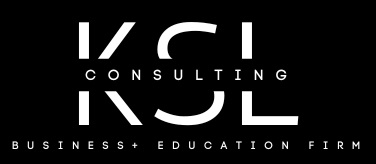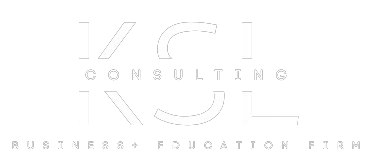As an administrator in early childhood education, you might think of marketing as something that involves creating flashy advertisements or posting regularly on social media. However, marketing in your program is much more than these external efforts. In fact, marketing is woven into every interaction, every staff behavior, and every daily routine. It’s a reflection of how you and your team represent the program to the world, including prospective families and the broader community.
Imagine an administrator sitting at their desk, saying to a staff member, “We haven’t marketed our program in years.” This perspective misses the crucial point that marketing isn’t just about promotional activities—it’s about how every aspect of your program projects its values and quality. Every interaction with parents, every classroom experience, and every staff member’s behavior serves as a live advertisement for your program.
In early childhood education, marketing is integrated into:
- Daily Interactions: How staff members engage with parents, children, and each other communicates the program’s values and quality. A friendly, professional demeanor and effective communication showcase the program’s commitment to creating a nurturing environment.
- Classroom Environment: The organization, cleanliness, and creativity of the classroom space reflect the program’s standards. A well-maintained and engaging environment not only supports learning but also signals to parents and visitors the level of care and attention given to the program.
- Program Culture: The overall atmosphere and culture of your program are powerful marketing tools. A positive, inclusive, and supportive culture creates an appealing image and fosters word-of-mouth referrals from satisfied families.
Marketing in early childhood education extends beyond traditional methods like advertisements and social media posts. It encompasses:
- Word of Mouth: Happy parents who have positive experiences with your program are likely to recommend it to others. Ensuring excellent service and creating a positive experience for families can lead to valuable referrals and organic marketing.
- Community Engagement: Active participation in community events and building relationships with local organizations can enhance your program’s visibility and reputation. Being involved in the community helps establish your program as a trusted and valued resource.
- Online Presence: While social media and website content are important, they should reflect the real-life experiences of your program. Consistent, high-quality content that aligns with the actual program experience strengthens your online presence and credibility.
Dos and Don’ts of Marketing Your Early Childhood Program
Dos:
- Be Authentic: Ensure that your marketing efforts accurately reflect the true nature of your program. Authenticity builds trust and sets realistic expectations for prospective families.
- Highlight Strengths: Focus on what sets your program apart, whether it’s a unique curriculum, exceptional staff, or innovative teaching methods. Emphasize these strengths in your communications and interactions.
- Engage with Parents: Maintain open, transparent communication with parents. Regular updates, feedback opportunities, and responsive interactions demonstrate your commitment to their child’s well-being and education.
- Showcase Achievements: Share successes and milestones, such as staff certifications, student achievements, or program improvements. Celebrating these accomplishments can enhance your program’s reputation and attract interest.
Don’ts:
- Don’t Overlook Details: Small details matter. Neglecting aspects like cleanliness, staff professionalism, or timely communication can negatively impact your program’s image.
- Avoid Inconsistency: Ensure consistency between your marketing messages and the actual program experience. Inconsistencies can lead to disappointment and mistrust.
- Don’t Neglect Feedback: Regularly seek and act on feedback from parents, staff, and the community. Ignoring feedback can result in missed opportunities for improvement and can negatively impact your program’s reputation.
- Avoid Passive Marketing: Don’t rely solely on passive marketing methods. Actively engage with your community, participate in events, and build relationships to strengthen your program’s presence and reputation.
Marketing in early childhood education goes far beyond traditional advertising. It encompasses every aspect of how your program operates and interacts with the community. By understanding that your daily interactions, program culture, and overall environment serve as marketing tools, you can create a strong, authentic representation of your program. Embrace the art of marketing as an integral part of your leadership, and you’ll foster a program that stands out for its quality, commitment, and impact.







